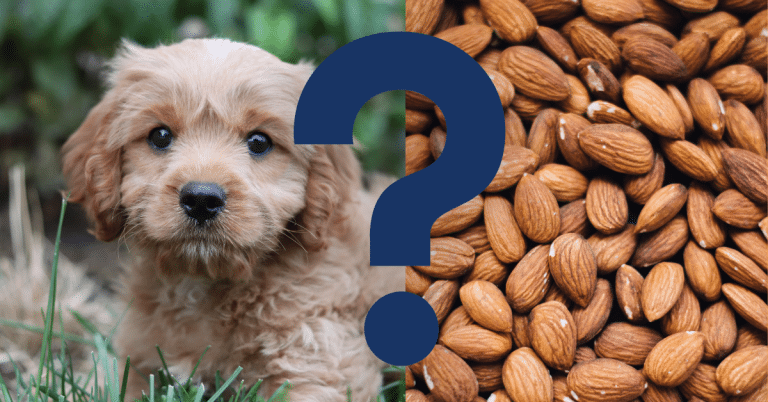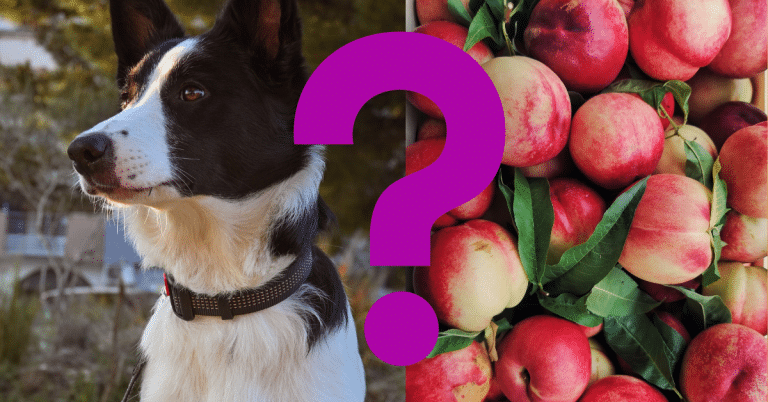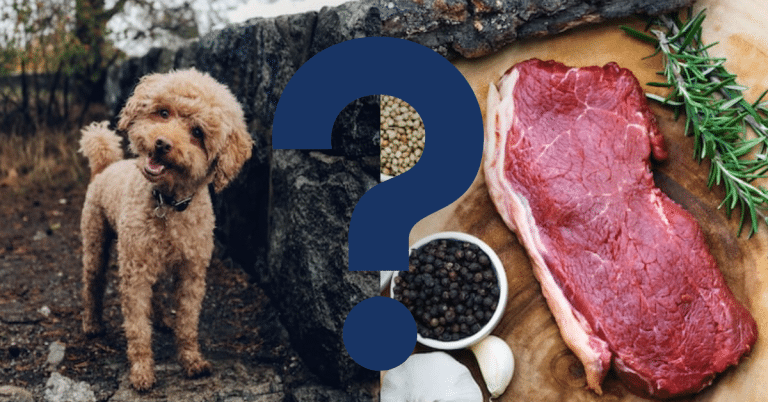Can Dogs Eat Chives? A Vet’s Opinion

Chives have vitamins A and C, but can dogs eat Chives?
Giving your dog chives or any other food from the allium family is always a safer bet to avoid any possible health hazards. Consider dog-friendly treats and foods to meet your pet’s nutritional requirements if you want safe and healthful food options.
Benefits of Chives for Dogs
A few possible benefits might be:
- Nutritional Benefits: Vitamins A and C and minerals like calcium and potassium are found in chives. If and when dogs can safely eat them, these nutrients help maintain healthy bones, eyesight, and immune systems.
- Antioxidant Properties: Antioxidants, which may help combat free radicals and promote general health, may be present in chives and other allium vegetables.
- Taste And Variety: If done safely, adding chives to a dog’s diet may add a new taste and variety to their meals, improving their appetite and making their food more enjoyable.
It is important to note that these benefits are wholly speculative and hypothetical. The risks outweigh any possible advantages of giving dogs chives. Consult a veterinarian whenever possible for guidance on safe and suitable foods for your furry friend’s diet.
As members of the allium family, chives may be toxic to dogs because of certain compounds that can lead to several health problems. Carrots, blueberries, and cooked plain meats are just a few of the safe and nourishing options for feeding your dog a healthy diet. These choices can supply vital nutrients to your dog without endangering his health.

How to Safely Give Chives to Dogs?
It is essential to know that because of potential toxicity, it is generally advised to avoid foods and herbs that are not considered safe for dogs, like chives and other members of the allium family. Here are some guidelines, though, if you’re interested in adding herbs to your dog’s diet safely:
- See Your Vet: Before adding new foods or herbs to your dog’s diet, consult your veterinarian. They can provide advice based on the particular medical requirements of your dog as well as any possible dangers related to particular ingredients.
- Select Secure Herbs: For dogs, certain herbs are safer than others. In tiny amounts, safe options could be parsley, basil, oregano, or sage.
- These herbs are generally safe and may offer some nutritional advantages without presenting a severe risk.
- Gradually Introduce: Watch your dog’s response to any new herb you introduce, starting with tiny amounts. Keep an eye out for any indications of adverse effects, such as upset stomach or allergic reactions.
- Modesty Is Essential: Moderation is key, even with safe herbs. Due to their delicate digestive systems, dogs should only be introduced to new foods gradually and in small amounts to avoid digestive problems.
- Think About Ready-Made Sweets: Choose dog treats that have been commercially prepared and contain safe herbs. This guarantees accurate formulation and eliminates any dangers from adding fresh herbs.
- Keep an eye out for changes in your dog’s behavior, appetite, or digestion after giving him a new herb or food. If you experience adverse side effects, stop using the product and speak with your veterinarian.
Recall that when it comes to your dog’s diet, it’s always better to err on caution, even though some herbs might be safe in tiny amounts. When in doubt, speak with your veterinarian to make sure your decisions are best for your pet’s health and welfare.
Will Chives Make a Dog Sick?
Despite being viewed as a harmless herb in human cooking, dogs are seriously harmed by the composition of chives. There are substances in this seemingly harmless allium family member that can be poisonous to dogs. Dog red blood cells may be oxidatively damaged by thiosulfates and other sulfur-containing compounds found in chives. Whether cooked, raw, or powdered, even a small amount of chives can cause digestive distress in your pet. Initial symptoms may include nausea, vomiting, diarrhea, or abdominal pain. However, consuming chives may cause more severe health problems like hemolytic anemia in extreme circumstances or after repeated exposure. Red blood cell destruction is the result of this condition, which can lead to weakness, lethargy, and more severe complications that could potentially be fatal for dogs. Consequently, to protect your dog’s health, it’s critical to ensure that chives and other allium vegetables are kept out of their reach and aren’t purposefully added to their diet.
Because chives are toxic to dogs, it’s crucial to be watchful regarding food safety in pet-friendly settings. Certain foods can be harmful or poisonous to our canine friends, even though they are safe or healthy for humans. A part of being a responsible pet owner is being aware of the risks that some foods, such as onions, garlic, and chives, may present to dogs. It’s important to inform oneself about these dangers and ensure pets cannot access such dangerous ingredients. Furthermore, it’s critical to keep lines of communication open with a veterinarian and to seek prompt assistance in the event of an accidental ingestion to protect a dog’s health. Pet owners can reduce the possibility of their furry friends coming into contact with dangerous foods like chives and enhance their general wellbeing by taking proactive measures and being watchful of their surroundings.

Vet’s Summary
For our dog friends, onions pose a severe risk, as they can result in various digestive issues and even life-threatening diseases like anemia. Keep these out of their path to protect your dog’s safety and wellbeing. This is a major red flag.
Positively speaking, probiotics are like digestive health superheroes for dogs. These microscopic, helpful yeasts and bacteria can do amazing things for the gut by keeping it balanced. They facilitate easier digestion, help the body absorb vital nutrients, and even strengthen the immune system. Additionally, if your dog occasionally struggles with digestive problems like diarrhea, probiotics might be the helpful cure they require. Adding probiotics to your dog’s diet, whether through specialty dog food or veterinarian-recommended supplements, can be a game-changer in ensuring your pet’s stomach remains full, robust, and healthy.
Videos To Watch
Here are some videos that summarize whether dogs can eat chives or not. Watch them to educate yourself further!






